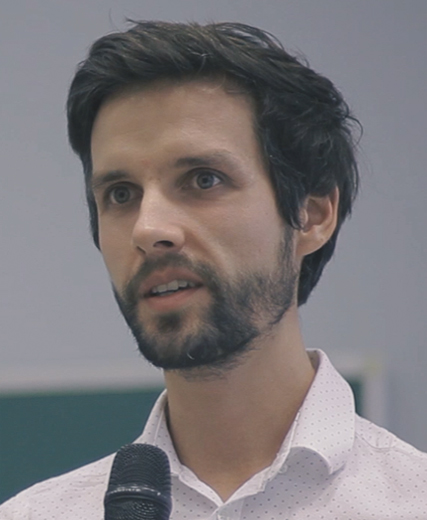Addictions Through the Lens of IFS Therapy
We talk about addictions when three criteria are met. Firstly, craving the addictive substance or behavior. Secondly, engaging in the addictive substance or behavior in order to experience pleasure or temporary relief from some kind of pain. And finally, the inability to give the substance or behavior up. Let’s take a closer look at addictions from the perspective of IFS Therapy.
It is impossible to understand addiction without asking what relief the addict finds, or hopes to find, in the drug or the addictive behavior. There is a purpose to all behavior and feelings. We just need to look a little deeper to find it. On the surface, addictive or self-destructive behavior seems illogical. But if we focus on its benefits, few though they may be, we will be able to unlock the mystery of the behavior. And put ourselves in a position to change it.
Addictions & IFS Therapy
The approach of IFS Therapy is rooted in compassionate self-inquiry. It looks at the system as a whole to find the way out without causing additional negative consequences. At Level 2, IFS Training for Professionals called Addictions and eating disorders, Mary Kruger – the IFS Lead Trainer – dives deeply into how addictions actually work.
These are a few eye-opening insights from the recent training:
1. Most addiction treatments are about controlling the firefighters, which is focusing on the symptoms. IFS focuses on the whole system instead, keeping in mind that many other parts (managers and exiles) are a part of the problem. Read more about IFS Therapy Firefighters.
2. The key IFS concept of working with addictions is about befriending the dangerous firefighters, who are highly dedicated to their job. They protect the wounded exiles when the managers can no longer manage to fulfill their roles effectively.
3. Firefighters will use various ways of manipulation to keep their roles. They will deny, rationalize and make projections: ‘I only drink on weekends’, ‘I am controlling it’, ‘I can stop whenever I want to’, etc.
4. Another critical aspect of working with addictions is keeping in mind therapist parts, as they often get in the way of the client’s healing process. These controlling, shaming, goal-oriented, or hopeless parts.
5. There are many common addictive polarizations that may be the reason the client is stuck. For example, one part may be restricting the use of a drug, and another part is permitting its use. One part may be controlling, while the other is rebelling. One part may exaggerate the problem, and a different part is minimizing it. It’s essential to be aware of these polarizations.
6. With addictions and eating disorders, there is almost always an inner critic. It’s important to distinguish between the shaming critic (manager) and the feeling of shame (which is an exile). If you’re confused, Mary suggests asking if the shame is experienced as a feeling or as a critical voice.
These are just a few insights into how IFS Therapy views addictions.
As dr Gabor Mate says in his book ‘In the Realm of Hungry Ghosts: Close Encounters with Addiction’:
‘Not all addictions are rooted in abuse or trauma, but I do believe they can all be traced to painful experiences. A hurt is at the center of all addictive behaviors. It is present in the gambler, the Internet addict, the compulsive shopper, and the workaholic. The wound may not be as deep and the ache not as excruciating, and it may even be entirely hidden—but it’s there. As we’ll see, the effects of early stress or adverse experiences directly shape both the psychology and the neurobiology of addiction in the brain.’
Realizing all of the above perspectives helps us see addictions in a more complex and mature way. We can see that first of all addictions are not a primary problem but rather an attempt to escape from it. And this leads us to realize that to heal an addiction we need to stop trying to get rid of it and instead focus on respecting the entire inner system. Using compassionate self-inquiry we can find a way to heal a certain aspect. And only then as a result eliminate the need to escape from it in the form of addiction.
Do you want to learn more about IFS therapy?
Get access to our free 3-day IFS Online Intro Course.

